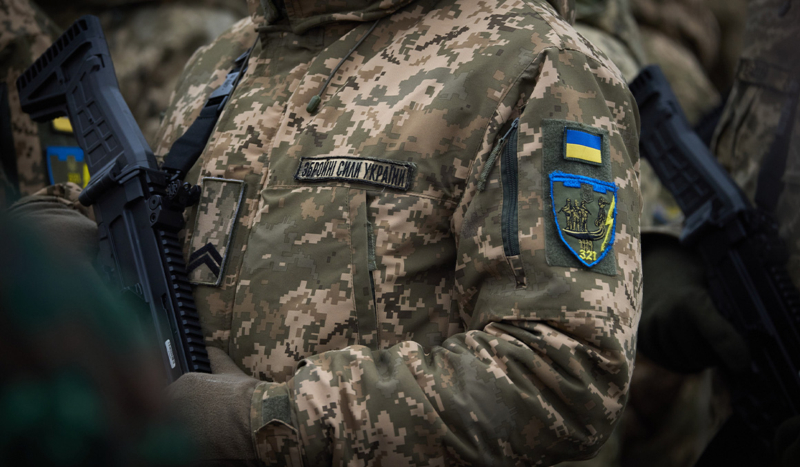
President of Ukraine / Flickr
CV NEWS FEED // Many Ukrainians long for peace and an end to present hostilities, but they cannot say this publicly because it is branded as betrayal.
In an article published for The Free Press, Ukrainian journalist Dmytro Filimonov recounted how the nearly three years of war in Ukraine has transformed the country’s unity into a climate of fear and mistrust.
While the early days of the invasion in February 2022 brought unprecedented solidarity, the prolonged conflict left many Ukrainians exhausted and longing for peace. Yet, as Filimonov detailed, expressing these sentiments openly has become dangerous, with those advocating for peace often labeled as traitors.
Filimonov described the overwhelming patriotism that characterized the start of the war. However, as the war dragged on, unity gave way to paranoia. The pressure to denounce the enemy publicly and demonstrate unwavering loyalty grew unrelenting. Any deviation from the dominant narrative — that Ukraine must fight to the bitter end — risked being branded as treason.
According to the Ukrainian journalist, this culture of suspicion has deep roots. Filimonov himself was labeled a traitor as early as 2014 when he traveled to separatist-controlled territories in Donbas to report on the conflict. His name was added to Myrotvorets, a notorious privately run website that labels persons deemed to be “enemies of Ukraine.”
The wartime journalist lost his press credentials, faced job restrictions, and endured intense scrutiny whenever he traveled across borders.
“War,” he observed, “is cancel culture in its most extreme form. It demands a kind of purity, and total alignment with your side.”
This extreme demand for loyalty extended to ordinary citizens as well. Filimonov noted that in the current climate, questioning the war’s objectives or advocating for peace could result in accusations of spreading “pro-Russian propaganda.”
Despite the silence, Filimonov has sensed a growing unease among Ukrainians. Exhaustion and despair have replaced the earlier resolve. Many Ukrainians want an end to the war but are afraid to voice their feelings. Filimonov cited a Ukrainian soldier’s recent TikTok post, where he claimed that if given the choice, most soldiers would lay down their weapons and return home. Yet such sentiments are rarely spoken aloud for fear of being labeled cowards or traitors.
Filimonov noted a subtle shift in President Volodymyr Zelenskyy’s rhetoric, with hints that ceding Russian-occupied territories could be a step toward a ceasefire. Filimonov argued that advocacy for peace should not be equated with betrayal. Yet in today’s Ukraine, he said, questioning the war or calling for an end to the bloodshed could destroy one’s reputation, career, and safety.

